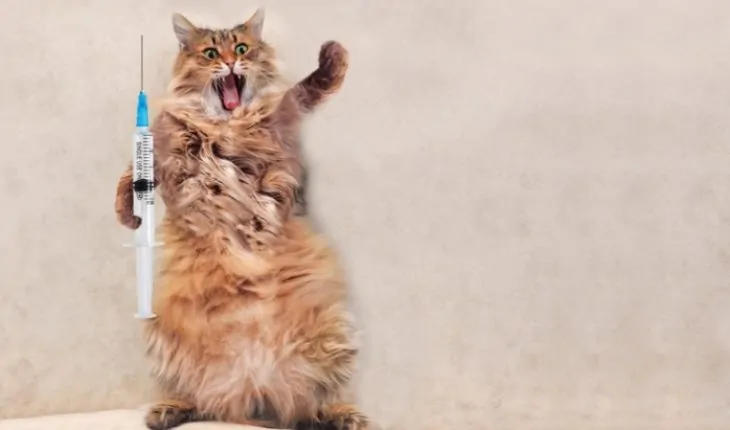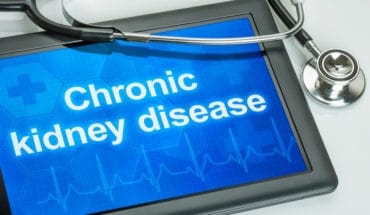Every year, one in three pets needs veterinary treatment with the average vet’s bill being around £300 and more complex treatment costing around £4,000. If your pet suddenly becomes unwell or is involved in an accident and needs medical treatment, here’s what you need to know to get the best help for your pet if you need to visit your vet in an emergency.
Be prepared: Always have your vet’s phone number to hand and know name of your practice. You never know where you might be should a medical emergency occur.
In an emergency: Phone the vet before your arrival so they can – give you advice on stabilising and transporting your pet, suggest additional first aid you can do before moving your pet, ensure they are open, available and the closest and most appropriate service to visit.
Technology can help: Your usual vet’s may not be the closest in an emergency. Download a reputable App in advance to help you locate the nearest vet in an emergency.
On the phone: Tell the vet immediately if it is a life-threatening emergency. Tell them if your pet is conscious or unconscious whether the dog is breathing or not breathing.
During the call: Try and keep the injured animal as calm and still. Only move them if it’s vital to keep everyone safe.
Transport: If you have called the vet and they advise to transport your pet to them. Ideally you should use a suitably-sized pet carrier. Put a favourite toy or blanket in the carrier with them as familiar objects can reduce the amount of stress that they experience.
If they have been hit by a car, or you suspect a possible spinal injury, you can use the car parcel shelf as a scoop or stretcher to help get them into your car.
Reassurance reduces stress: It is critically important to continually reassure your pet as stress can make symptoms worse. Keep them calm and warm.
Eating and drinking: Ideally your pet should avoid eating or drinking in case they require an operation. However, if they are dehydrated, or could be waiting a considerable time for help, you can give them small sips of water. Ideally, check with your vet first.
At the vet: They will need to know details of your pet and their medical history (It may be worth keeping this in the car and have a copy on your phone for quick access).
Your pet’s: name and date of birth, breed, gender and weight, micro-chipping details,
vaccination information, insurance details, medical conditions, medication, previous medical history.
Did you know?
The top ten dog insurance claims at the Vet are:
1.Ear infections
2. Skin allergies
3. Pyoderma
4. Stomach upsets
5. Intestinal inflammation
6. Bladder diseases
7. Eye infections
8. Arthritis
9. Hypothyroidism
10. Sprains
The top ten cat insurance claims at the Vet are:
1. Lower urinary tract diseases
2. Stomach upsets
3. Renal failure
4. Intestinal inflammation
5. Skin Allergies
6. Diabetes
7. Colitis
8. Ear infections
9. Upper respiratory virus
10. Hyperthyroidism
- What is a seizure? - 13th March 2025
- Febrile Convulsions and Seizures in Children - 13th March 2025
- Why women are less likely to receive CPR or survive cardiac arrest - 6th March 2025







